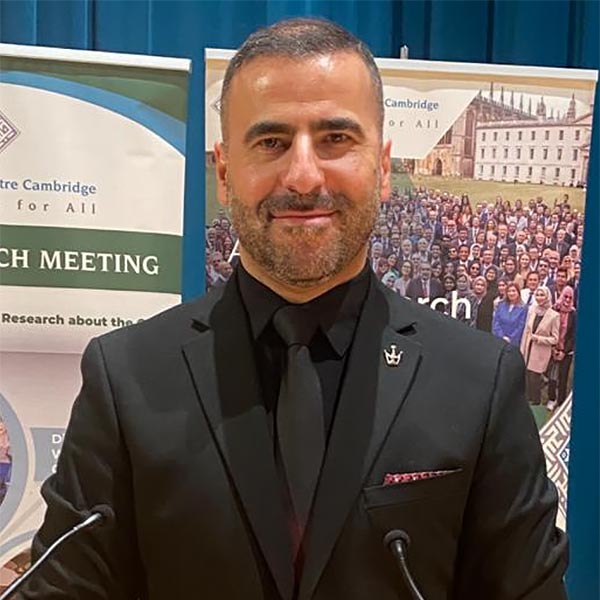
Dr. Fadi Hilani is a Senior Academic and Research Fellow-in-Residence at the National Council on U.S.-Arab Relations. He holds a Ph.D. in Linguistics from the University of Essex in the United Kingdom and a Master’s degree in Near Eastern Studies from New York University in the United States, reflecting a transatlantic academic formation that underpins his expertise in international affairs.
Dr. Hilani’s research centers on U.S. politics, Middle East policy, and the evolving dynamics of international relations. He has held academic appointments at distinguished institutions, including Aleppo University in Syria, Isra University in Jordan, Montclair State University in New Jersey, and the City University of New York in the United States. In his current role at the National Council, he contributes to advancing rigorous scholarship and policy analysis on U.S.-Arab relations, with a particular focus on the intersection of diplomacy, security, and emerging technologies.
His commentary and analyses are regularly featured by major international media outlets such as Alarabiya, Alhadath, Sky News Arabia, Alghad, Almashhad, France 24, Alqahera News, Saudi News, and BBC Arabic, where he provides expert perspectives on regional conflicts, U.S. foreign policy, and broader geopolitical developments.
Dr. Hilani’s policy work emphasizes the strategic role of American diplomacy in fostering stability and cooperation across the Middle East. His research on Syria outlines a forward-looking framework for U.S. engagement, while his analyses of the Israel-Iran confrontation advocate for a proactive and balanced American role to prevent escalation. Through this body of work, he contributes meaningfully to the Council’s mission of deepening mutual understanding and strengthening strategic partnerships between the United States and the Arab world.
Selected Policy Publications: